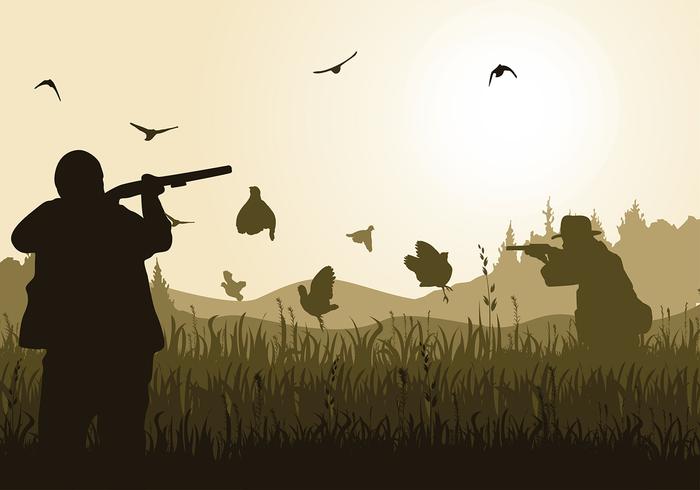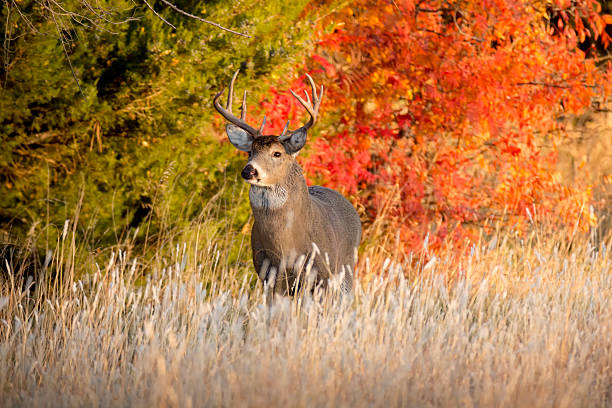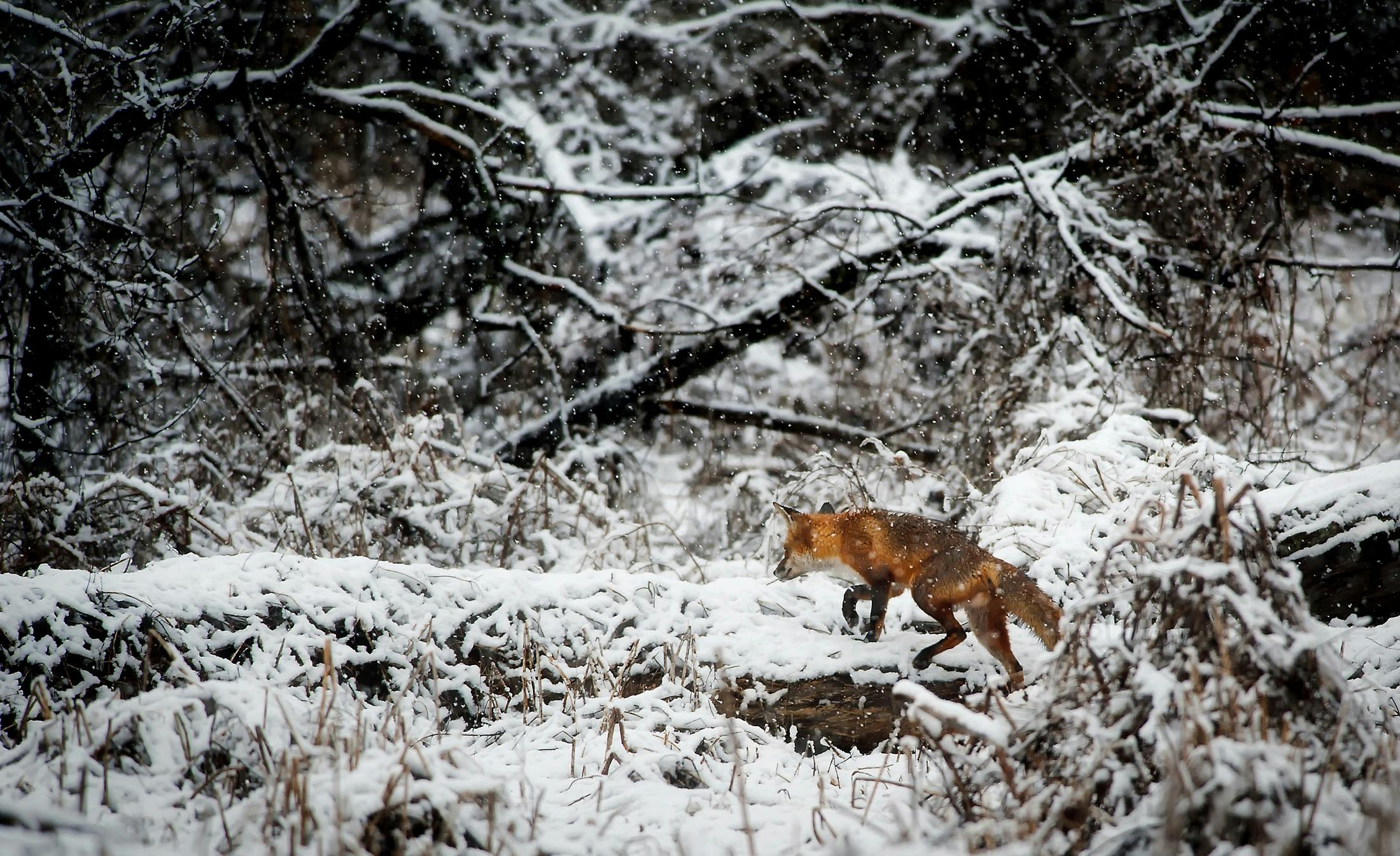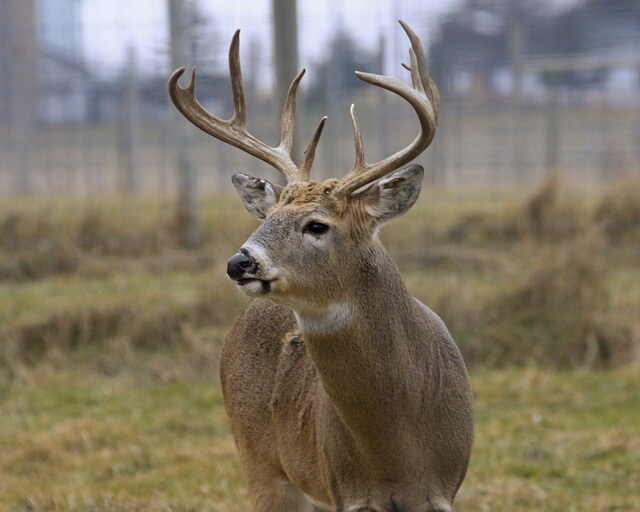Planning a hunting trip is an exciting venture, whether you're a seasoned hunter or a first-timer. However, one of the most critical decisions you'll make before heading into the wild is choosing the right hunting outfitter. A good outfitter can make your trip successful, memorable, and safe, while a poor choice can lead to frustration and disappointment. To help you make the best decision, here are some key factors to consider when choosing a hunting outfitter for your next adventure.
1. Define Your Goals and Expectations
Before you start searching for an outfitter, it's essential to clarify what you want from the trip. Ask yourself the following questions:
- What species do you want to hunt? (e.g., deer, elk, moose, bear, waterfowl)
- What is your preferred hunting method? (e.g., rifle, bow, muzzleloader)
- What is your budget?
- What type of terrain and location appeals to you? (e.g., mountains, forests, plains)
- Do you want a fully guided experience, or are you looking for more independence with a drop camp option?
Knowing what you want will help narrow your options and guide your conversations with potential outfitters.
2. Check Credentials and Experience
Your outfitter should be licensed and experienced in the type of hunt you're planning. This ensures they understand the local laws, regulations, and terrain. Here are some steps to verify an outfitter’s credentials:
- Licensing: Make sure the outfitter holds the necessary permits and licenses for both the area and species you intend to hunt.
- Affiliations: Look for affiliations with recognized hunting organizations (e.g., Boone and Crockett Club, Safari Club International, or the North American Hunting Club). Memberships in these organizations often indicate a commitment to ethical practices.
- References and Reviews: Ask for references from previous clients. Read online reviews and testimonials. If possible, talk directly with former clients about their experiences, the quality of the guides, accommodations, and game opportunities.
3. Evaluate Their Local Knowledge
A great outfitter knows the terrain, animal behavior, and local hunting regulations inside out. Local knowledge can be the difference between a successful hunt and a long hike through the woods. Look for outfitters with a history of working in the specific area you plan to hunt. Ask questions like:
- How many years have they been guiding hunts in that region?
- How well do they understand the migration patterns, feeding habits, and seasonal changes of the species you’re after?
- What are their success rates for hunters seeking the same game?
4. Understand the Guide-to-Hunter Ratio
One of the most important factors in the quality of your experience will be the guide-to-hunter ratio. A good outfitter ensures that each guide is responsible for only a few hunters at a time, allowing for personalized attention. Ask outfitters about their ratio and the level of support you can expect in the field.
A ratio of 1:1 or 1:2 (one guide per one or two hunters) is ideal for a guided hunt, as it maximizes your chances of receiving proper attention, guidance, and a tailored hunting experience. If you are an experienced hunter and looking for an outfitter mainly for new land to hunt, a ratio of 1:4 or more may be acceptable.
5. Assess the Accommodation and Camp Conditions
Your hunting trip will involve more than just the time you spend in the field. Camp or lodge life is an important part of the overall experience. Ask for details about the accommodations:
- What are the sleeping arrangements? Will you be staying in a tent, cabin, or lodge?
- What kind of meals will be provided, and are there any special dietary accommodations?
- Are there amenities such as electricity, running water, or heat, especially in more remote camps?
If possible, request recent pictures or videos of the camp to ensure it meets your comfort level and expectations.
6. Review Pricing and Payment Policies
Pricing for outfitted hunts can vary significantly based on the species, location, and level of service. Make sure you understand exactly what is included in the price before committing:
- Are meals, lodging, and transportation included?
- Does the price cover any necessary tags, permits, or processing fees?
- Is there a trophy fee if you successfully harvest an animal?
- What is their policy on refunds or rescheduling in case of bad weather or other unforeseen circumstances?
Clarify payment schedules, and be wary of outfitters who require full payment upfront.
7. Consider Safety and Medical Preparedness
Safety should be a top priority on any hunting trip. Ensure the outfitter has a strong focus on safety:
- Do they have the necessary first-aid training and equipment?
- How far is the nearest medical facility in case of an emergency?
- What is their communication setup (e.g., radios, satellite phones) in case of remote location hunts?
A reputable outfitter will have contingency plans in place for emergencies and be open about their safety protocols.
8. Evaluate Their Ethics and Conservation Practices
Ethical hunting practices are critical to conserving wildlife and maintaining a fair chase. A responsible outfitter will adhere to the principles of ethical hunting and land stewardship. Ask them about:
- How they manage game populations and ensure sustainable hunting practices.
- Their stance on hunting regulations and adherence to fair chase principles.
- The use of meat and the treatment of trophies.
A strong ethical foundation is a sign that you are dealing with an outfitter who values wildlife conservation and respects the natural environment.
9. Trust Your Instincts
Finally, trust your gut. After speaking with potential outfitters, you should feel confident, comfortable, and excited about your choice. If something feels off or you’re uncertain about their answers to your questions, it may be wise to continue your search.
Conclusion
Choosing the right hunting outfitter can make or break your hunting adventure. By carefully evaluating their experience, local knowledge, safety standards, and ethical practices, you'll increase your chances of having a safe, successful, and enjoyable hunt. Don’t rush the process; take the time to research, ask questions, and make an informed decision.
About Broadside Outdoors
Broadside Outdoors is working hard to deliver tools that make finding and booking outfitters easier and more accessible to everyone. Find an outfitter that doesn’t accept online booking? Send them our way!




